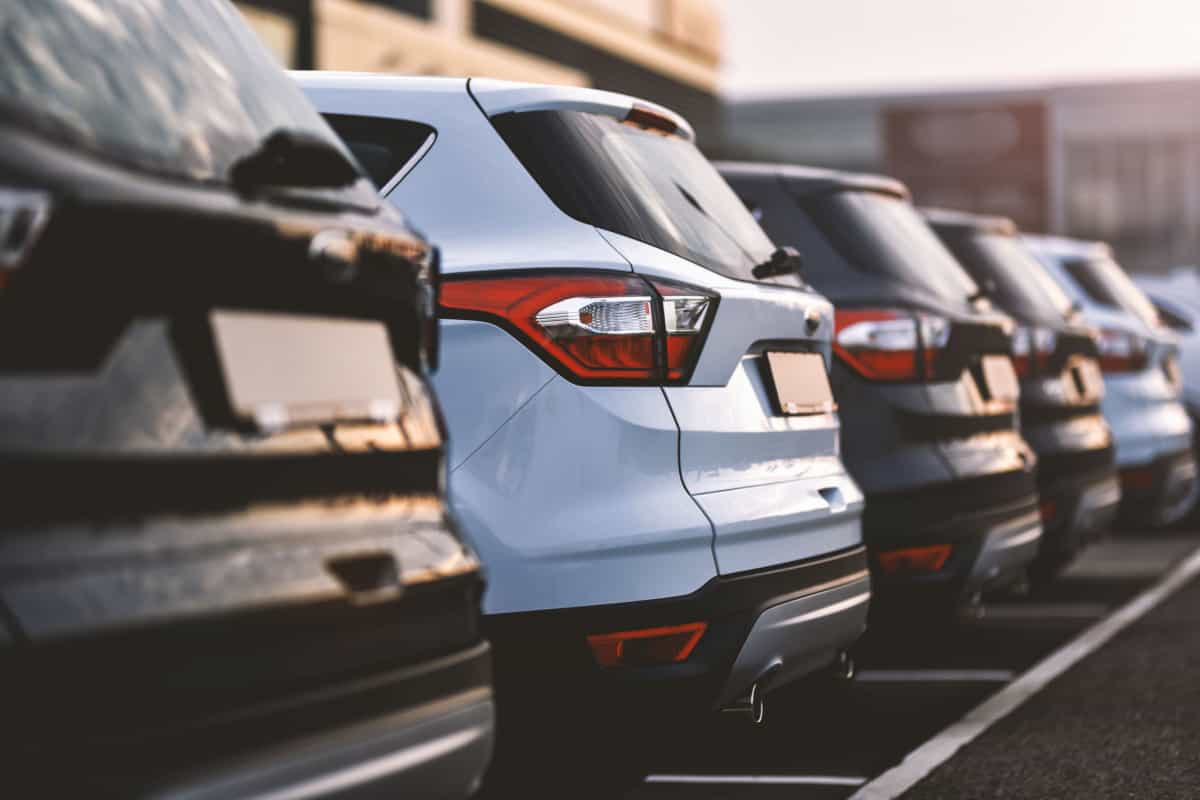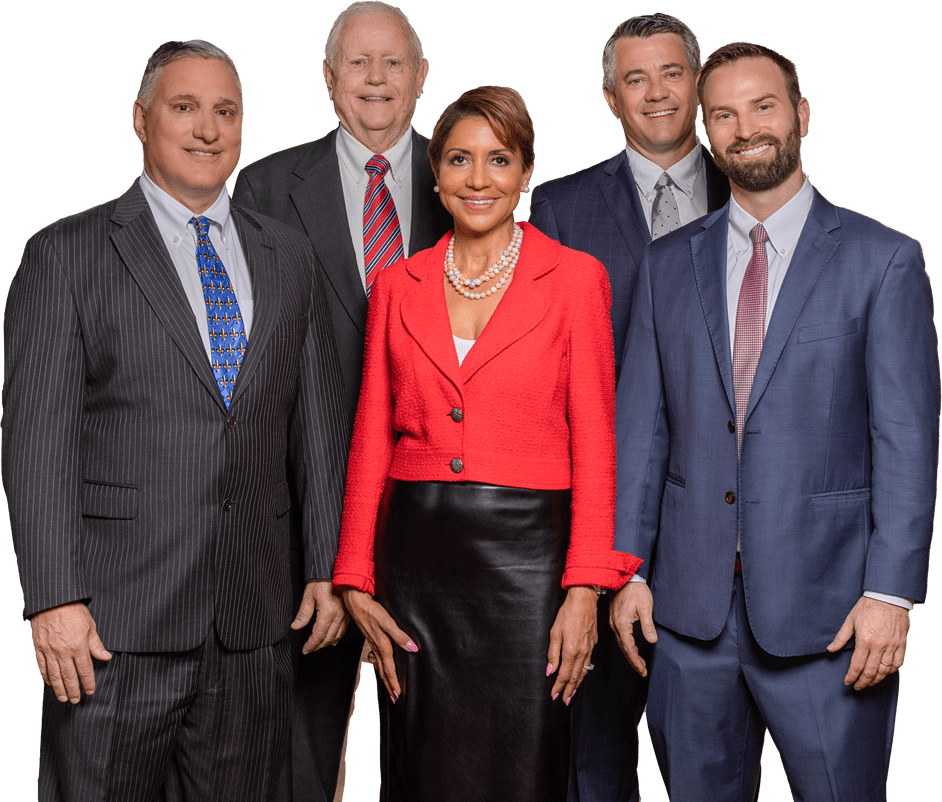
Louisiana is no stranger to the tourism and related rental car industry, with 41 million visitors flooding the state in 2021 which generated $16.8 billion last year, according to the Louisiana Department of Culture, Recreation, and Tourism.
Nationally, the number of cars rented doubled from 17.3 million in 2020 to 29.2 million in 2021. This boom of car rentals actually led to a shortage in Louisiana, a result of last-minute travel planning and fender-benders in the available fleet – and it is predicted that the rental car industry will spike even more to 46.8 million cars rented in 2024.
But, along with these positive tourism stats and the good news that folks are returning to travel on the road post-Covid, are the increased chances of rental car accidents and dealing with whose insurance covers it. In fact, rental cars have a higher collision rate per vehicle than non-rental cars.
The complicated process of sorting out whose insurance covers the damages left behind after drivers are involved in a rental car accident can be stressful, pelted with finger-pointing, claim-filing, and more.
The steps of what drivers should do after a rental car accident are very similar to after any car accident. One difference: The rental car driver should notify their personal car insurance, as well as the rental car agency (check for a sticker inside the car or paperwork in the glove compartment for contact info), to make sure their protocols are followed.
Similar steps after a car accident are:
A claim may need to be filed with:
Even if the driver of the rental car has a personal car insurance policy, that driver still needs to contact the rental car agency, as well as their primary insurer, to find out how to proceed, depending on the coverage and circumstances of the crash. This is even if they do not think they are at fault.
If the driver of the rental car is responsible, their liability coverage will usually cover the costs of the accident. If at fault, they may also be able to use the policy’s collision coverage to repair or replace the damaged rental car. If the other driver’s car was damaged, they would file a claim with the rental car driver’s primary car insurance, too.
Car renters are typically given an option to buy insurance for the duration of the rental from the rental car company. The supplemental coverage protects the rental car driver from any damage to the rental car and other vehicle involved, and prevents the liability from piling onto the premium insurance carrier. But it is also commonly more expensive than regular insurance coverage.
The four main types of supplemental coverage that can be added onto the liability the rental car companies are required to carry are:
If the driver pays for a rental car with their credit card, some of these companies offer a level of rental car coverage at no additional cost. It is considered a form of collision or loss damage waiver, but not liability coverage.
Keep in mind, too, that this kind of rental coverage from credit card companies is secondary coverage, so it only fills in the voids where the primary car insurance does not cover.
It is a good idea for drivers to check into exactly what is protected. Some questions to ask the credit card company include:
If the other driver damages the rental car in a crash, the rental car driver will file a claim with their primary car insurance company, which, depending on the policy, will pay out for any injuries and damages to the rental. This third-party liability claim does not involve a deductible for the rental car driver.

With over 50 years of legal experience serving families in the New Orleans area and surrounding Louisiana communities, our firm takes pride in providing clients with personalized legal services tailored to individual needs.